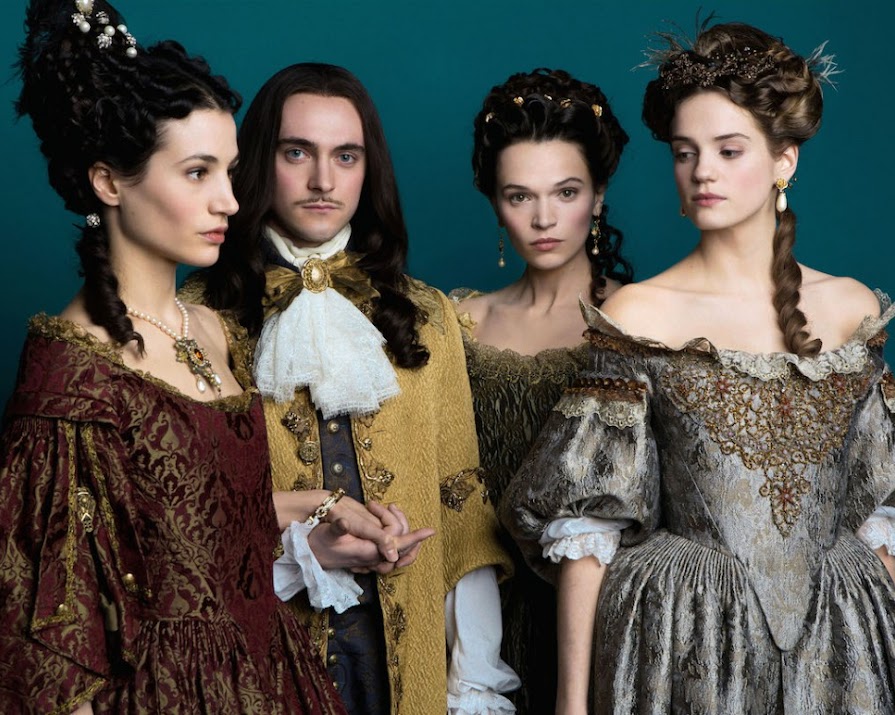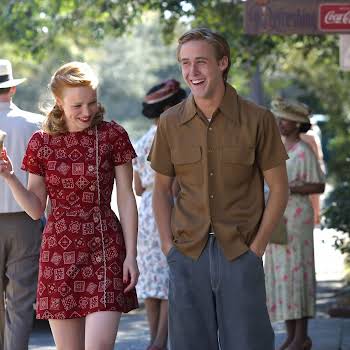
By IMAGE
01st Jul 2016
01st Jul 2016
It’s hard to believe six months have passed since the final episode of Downton Abbey aired. Like the very best of things, Downton Abbey became so popular over its six series run that we even dropped the ?Abbey? bit.?Since its first episode, when?Lady Mary learned her fiance? had perished on Titanic, it was clear that writer Julian Fellowes had created something special – a modern-day Upstairs Downstairs that quickly became essential viewing on both sides of the Atlantic.?

Downtown Abbey
Downton’s shoes were always going to be difficult ones to fill, but some have managed. Mr Selfridge, Ripper Street, Poldark and Dickensian all charmed us with their historical settings, gripping storylines and rustling silk skirts. We’ve also enjoyed a run of wonderful TV adaptations of bestselling historical novels, notably the lavish production of Philippa Gregory’s The White Queen and Hilary Mantel’s Wolf Hall. More recently, period spectacles such as the BBC’s War & Peace and RTE?’s Rebellion are proof, if any were needed, that our yearning for nostalgia is far from waning. I suspect that the current popularity of historical drama is in no small part due to the fact that we are in an unprecedented period of historic anniversaries and centenaries. The Easter Rising, the sinking of Titanic and the Lusitania, the Great War, holocaust and D-Day to give just some examples. For the first time, we are able to look back on these life-changing events in astonishing detail. We can scour newspaper archives, search the internet and ancestry sites, listen to lost audio recordings, watch old newsreels and visit wonderfully immersive museums. We can even colourise those grainy black and white images, and suddenly the past feels so much more immediate. There is also an undeniable comfort in losing yourself in a great historical novel or drama. They allow us to look back on the’struggles our ancestors faced. They challenge us to think?and to learn. Yes, times were hard in the past. Struggles greater. Wars bloodier. But we came through it, we endured, and there is something inspiring about that.

Rebellion
?While history teachers focused on political alliances and battles, contemporary writers approach history with a lighter, more human touch. They can show us what it was really like to step onto Titanic, to immigrate to America or fall in love with a man who fought for the enemy. They bring history to life with such sumptuous detail that they transport us to that most foreign of places – the past – until we begin to understand that far from being a grainy sepia-tinted world we cannot relate to, the past is a vibrant, colourful place in which people fell in and out of love, fought for their beliefs, faced poverty and fear, and worried about their families. Not so very different to modern life after all. Well written historical novels and lavishly produced dramas have the ability to bring history right into our modern lives, enticing us into the past in all its glorious period detail. A character like Lady Mary encapsulates all we have lost in our modern age: the beautiful dresses, the use of proper language and manners. With BBC Two’s Versailles having just started, Netflix series The Crown ? which will dramatise six decades of Queen Elizabeth II’s reign – due to air in the autumn, and a sequel to The White Queen in the works, there is already plenty to look forward to. Julian Fellowes? novel, Belgravia, is one I’ll be adding to my reading pile. We will always have an appetite for the past?because part of us once lived there, and part of us belongs there still. We may be moving forward, but we will always be tempted to make one more backwards glance.
Read more about our favourite period dramas in the July issue of Image Magazine, now available nationwide.























